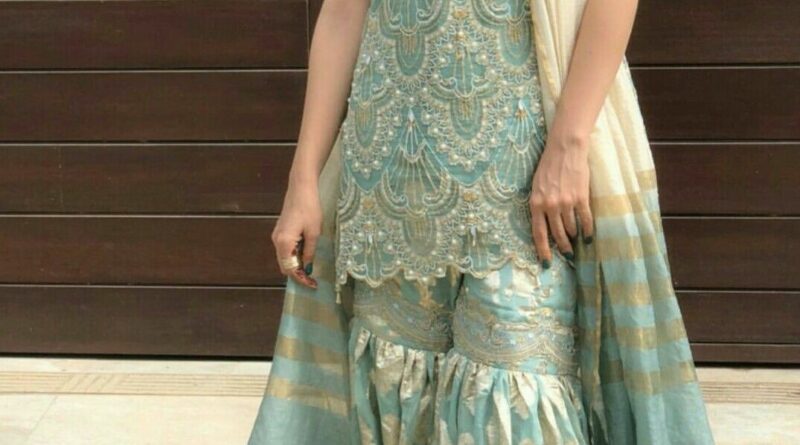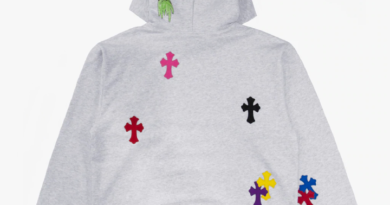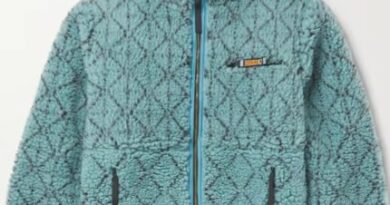Pakistani Dresses Trend Tradition and Modernity
Pakistan’s fashion industry is a vibrant and ever-evolving landscape that reflects the rich cultural heritage of the region. The Pakistani dresses trend is a unique blend of traditional craftsmanship, intricate embroidery, and contemporary silhouettes, making it a global favorite among fashion enthusiasts. Over the years, Pakistani fashion has embraced both cultural roots and modern aesthetics, ensuring that traditional attire remains relevant and stylish http://www.jeem/.
The Evolution of Pakistani Dresses
Pakistani fashion has undergone significant transformations over the decades. While traditional shalwar kameez remains the national attire, contemporary influences have given rise to innovative designs that cater to modern fashion sensibilities. The infusion of Western cuts, digital prints, and fusion wear has created a diverse wardrobe for Pakistani women, offering elegance, comfort, and versatility.
1. Traditional Shalwar Kameez
The shalwar kameez has long been the quintessential outfit for Pakistani women. Over the years, it has evolved with different variations, including:
- Straight-cut kameez with cigarette pants – A sleek and modernized version.
- A-line kameez with palazzos – Combining traditional charm with contemporary comfort.
- Angrakha-style kameez – Inspired by Mughal fashion, featuring asymmetrical cuts and embellishments.
- Short kameez with gharara or sharara – Reviving vintage trends with a modern touch.
2. Anarkali and Pishwas
Anarkali suits and Pishwas dresses are deeply rooted in the subcontinent’s history. These floor-length, heavily embroidered outfits are a staple for weddings and festive occasions. They exude regal elegance and have made a strong comeback in recent years, especially in pastel and jewel-tone palettes.
3. Lehenga Choli
Lehengas are a popular choice for bridal and formal wear. The Pakistani lehenga choli is characterized by detailed zardozi, gota, and thread embroidery. Modern variations include peplum tops, belted lehengas, and layered skirts, adding versatility and a contemporary edge to the classic ensemble.
4. Sarees with a Pakistani Twist
While sarees are more common in Indian fashion, Pakistani designers have introduced their own versions, featuring modest cuts, long blouses, and intricate embellishments. Organza, chiffon, and silk sarees with minimalistic yet elegant embroidery have become popular for formal events and evening wear.
5. Fusion and Western Influences
The rise of fusion wear in Pakistan has led to the popularity of:
- Capes over traditional dresses
- High-low hemlines in kurtas
- Jacket-style kameez with pants
- Modernized tunics paired with jeans or leggings
This trend allows women to experiment with styles while maintaining a cultural touch.
Seasonal Trends in Pakistani Fashion
Pakistani dresses are designed according to the country’s diverse seasons. Designers launch seasonal collections that cater to changing weather conditions while keeping up with the latest trends.
1. Summer Trends
During the scorching summer months, lawn collections dominate the fashion scene. Lawn fabric is lightweight, breathable, and available in stunning prints and pastel hues. Brands like Sana Safinaz, Gul Ahmed, and Khaadi release exquisite lawn designs each year, featuring digital prints, embroidery, and elegant cuts.
2. Winter Trends
Winters call for karandi, pashmina, and velvet ensembles. Dark and rich tones like maroon, emerald green, and navy blue are favored. Embellished shawls and long coats paired with traditional wear create a sophisticated look for winter weddings and gatherings.
3. Festive and Wedding Trends
Pakistani weddings are extravagant affairs, and bridal wear continues to set new trends. Handcrafted zardozi, gota, mirror work, and pearl embellishments remain key elements in bridal couture. Bridal pastels have gained immense popularity, with brides opting for soft hues over traditional red. Designers like HSY, Elan, and Nomi Ansari are known for their elaborate bridal collections.
Color Trends in Pakistani Dresses
Color palettes play a crucial role in defining fashion trends. While pastels, ivory, and blush pinks are ideal for daytime events, emerald green, royal blue, and deep maroon dominate the evening wear category. Neon shades and bold contrasts are also making a statement in contemporary fashion.
Pakistani Men’s Fashion Trends
While women’s fashion is more diverse, Pakistani men’s fashion is also evolving. The classic kurta pajama remains a staple, but new trends include:
- Sherwanis with minimal embroidery
- Waistcoats over kurtas
- Slim-fit shalwar kameez with sneakers
- Western-inspired suits with ethnic elements
Influence of Celebrities and Social Media
Pakistani celebrities and influencers play a significant role in shaping fashion trends. Designers collaborate with actors and social media personalities to showcase their latest collections. Platforms like Instagram, TikTok, and Pinterest have made fashion more accessible, allowing trends to reach a global audience.
Sustainable and Ethical Fashion in Pakistan
Sustainability is becoming a key focus in the Pakistani fashion industry. Many brands are moving towards eco-friendly fabrics, ethical production practices, and slow fashion concepts. The rise of handcrafted, locally produced attire is encouraging consumers to embrace sustainable fashion while supporting traditional artisans.
Conclusion
The Pakistani dresses trend is an exquisite fusion of tradition and modernity. Whether it’s the timeless charm of the shalwar kameez, the elegance of the Anarkali, or the bold appeal of fusion wear, Pakistani fashion continues to evolve while staying true to its cultural roots. As trends change, one thing remains constant—Pakistani fashion’s ability to captivate the world with its unmatched craftsmanship and timeless beauty.




